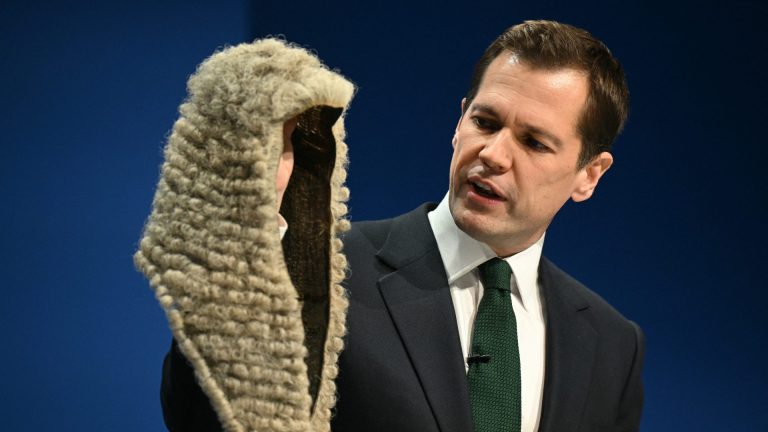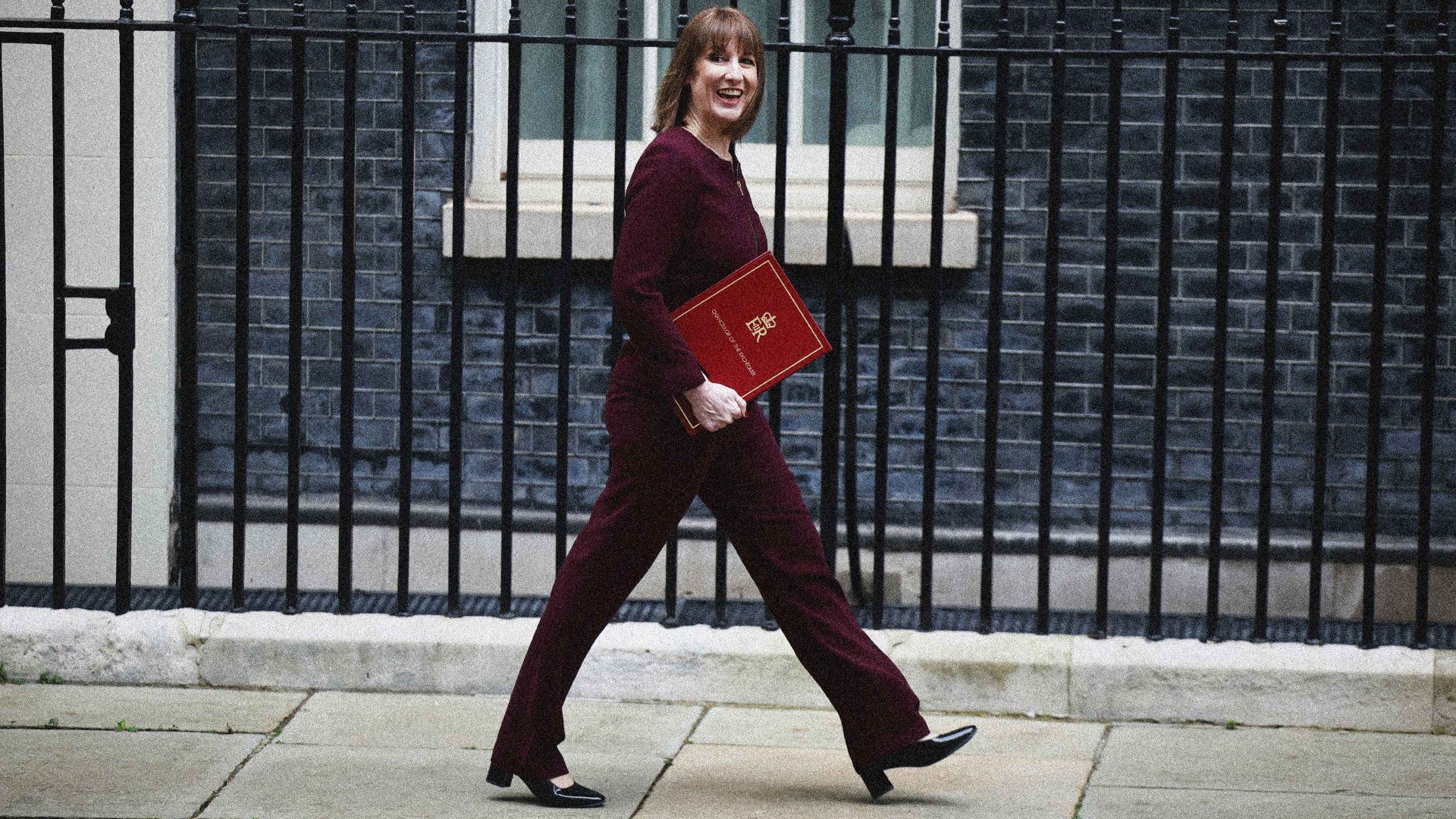When independent MP Rupert Lowe asked about reintroducing the death penalty for “monstrous crimes” at Prime Minister’s Questions last week, Keir Starmer shut him down quickly. What was surprising was that the PM did not draw on the most obvious argument to do so: that killing someone as a form of punishment has no place in a civilised society. Instead, he relied on pragmatism: it does not work in deterring crime, and because innocent people are sometimes found guilty, it would inevitably result in people being wrongly put to death.
Which begs an important question: why, then, is Starmer in favour of assisted dying, which involves doctors prescribing lethal drugs to assist in the suicide of someone who is terminally ill? Assisted dying proponents would baulk at the idea of drawing a parallel between this and the death penalty. But there is one key similarity: inevitable mistakes will mean that people, sometimes very vulnerable individuals, end up suffering a wrongful death signed off by the state.
The response of proponents has been to dismiss concerns that the legalisation of assisted dying will lead to people wrongfully losing their lives. We have been told over and again that the system proposed in Kim Leadbeater’s private member’s bill would be completely safe.
But as the bill gets subjected to increasing scrutiny in the Lords – with a more comprehensive set of expert witnesses, and a scrutiny process less controlled by the bill sponsors – it is becoming increasingly apparent just how unevidenced these assertions are. It is also clear that vulnerable people being assisted to kill themselves by the state is a price some proponents are willing to bear, if it means those privileged with high levels of autonomy and loving families are able to make an empowered choice to end their lives after a terminal diagnosis. As one prominent proponent, the surgeon Henry Marsh, argued at a committee hearing, “there is always a cost… you justify that risk by saying more people benefit.”
There are three main types of safeguard included in the bill. First, it would restrict assisted dying to a restricted group of people with a terminal diagnosis and a prognosis of six months left to live. Second, doctors would be obliged to check if there is any coercion or pressure being applied to the individual in order to seek medically-assisted suicide. Third, they would have to have the capacity to consent to the prescription of lethal drugs under the Mental Capacity Act 2005. They all sound superficially robust, but under legislative scrutiny, it has become apparent just how weak they are.
On the six-month prognosis: systematic reviews show that they only have a 48% chance of being correct. Some people who get this prognosis may live for many years afterwards. There are experienced lawyers who think it is an arbitrary enough line that it will not survive a discrimination-based challenge under human rights law: why should someone with a year-long prognosis be denied access, for example?]
And what constitutes a “terminal” diagnosis varies from doctor to doctor; in some US states where assisted dying is legal, doctors have controversially decreed the symptoms of eating disorders – or even the disorders themselves – as “terminal” conditions and signed off on suicidal young women whose conditions other doctors may deem treatable for assisted deaths.
On coercion checks, anyone familiar with safeguarding knows how subtle coercive control in intimate and family relationships can be. A national review of child safeguarding shows that even experienced social workers fail to detect coercive control in family settings involving vulnerable children; we know from the family courts that judges get this wrong too. The idea that two doctors, most likely with fairly cursory levels of training, will be able to reliably detect when someone is being pressured into an assisted death by an abusive spouse, or adult child, is hopelessly naive.
Suggested Reading


Drunk on the Kool-Aid of hate
Last, capacity as defined by the Mental Capacity Act is a very thin test to apply to the prescription of lethal drugs. Expert after expert – including psychiatrists and lawyers – have come before parliamentary committees to explain why it is inappropriate to apply a test designed to prevent doctors from giving medical treatment without consent – people are always assumed to have capacity unless it can be shown otherwise – to a consent to end one’s own life with medical assistance.
Many people with serious learning disabilities, or significant mental illness, would pass a capacity test. It means someone who feels depressed and suicidal – a natural initial response to a terminal diagnosis that often passes with time – would be able to qualify for medically-assisted suicide.
Proponents of assisted dying want us to believe there is always a bright line to be drawn between people who are terminally ill, making a rational, settled decision to end their lives, and other suicidal people; but as the government’s suicide prevention adviser has repeatedly argued, no such line exists. As palliative care consultant Katherine Sleeman has argued, if this bill passes, it implies the health system must shift from an assumption of suicide prevention to suicide assistance at the point at which someone receives a six-month prognosis.
Compounding the issue is the fact that there is a right of appeal to the three-person panel that will sign off on doctor decisions on assisted dying for applications that get rejected. But there is no way for relatives who may be much better placed to know about coercion or capacity to directly raise concerns if an application gets signed off.
In fact, the first they may know about their loved one exploring assisted dying is a notification letting them know they have died. Imagine being the parents of a depressed 19-year-old who has received a terminal cancer diagnosis and opted for assisted dying without informing their family. But it is the inevitable consequence of treating medically-assisted suicide as akin to just another other medical treatment.
The parliamentary debate thus far has highlighted the clash between those who want the process to be as easy as possible for empowered individuals with loving families, and those who see the need for safeguards to prevent vulnerable individuals, including those with mental health issues or learning disabilities, or who are in abusive relationships, from being sucked into the assisted dying “pathway” and being inappropriately given lethal drugs by doctors in the expectation they will use them to end their own lives. Depressingly, it is very much the former who are winning, and their bill, which poses a clear danger to vulnerable individuals, looks set to pass.
Which brings us back to the prime minister. Does he – utterly implausibly – deny that people will wrongfully lose their lives, sanctioned by the state, as a result of this bill that he supports? Or does he support it anyway?
And if so, why does he believe that the fact that the state inevitably makes mistakes is a good justification for opposing the death penalty, but not assisted dying? Is it that he believes the benefits it provides to the autonomous outweigh the mortal risks to the vulnerable? It’s time for him to be clear.




